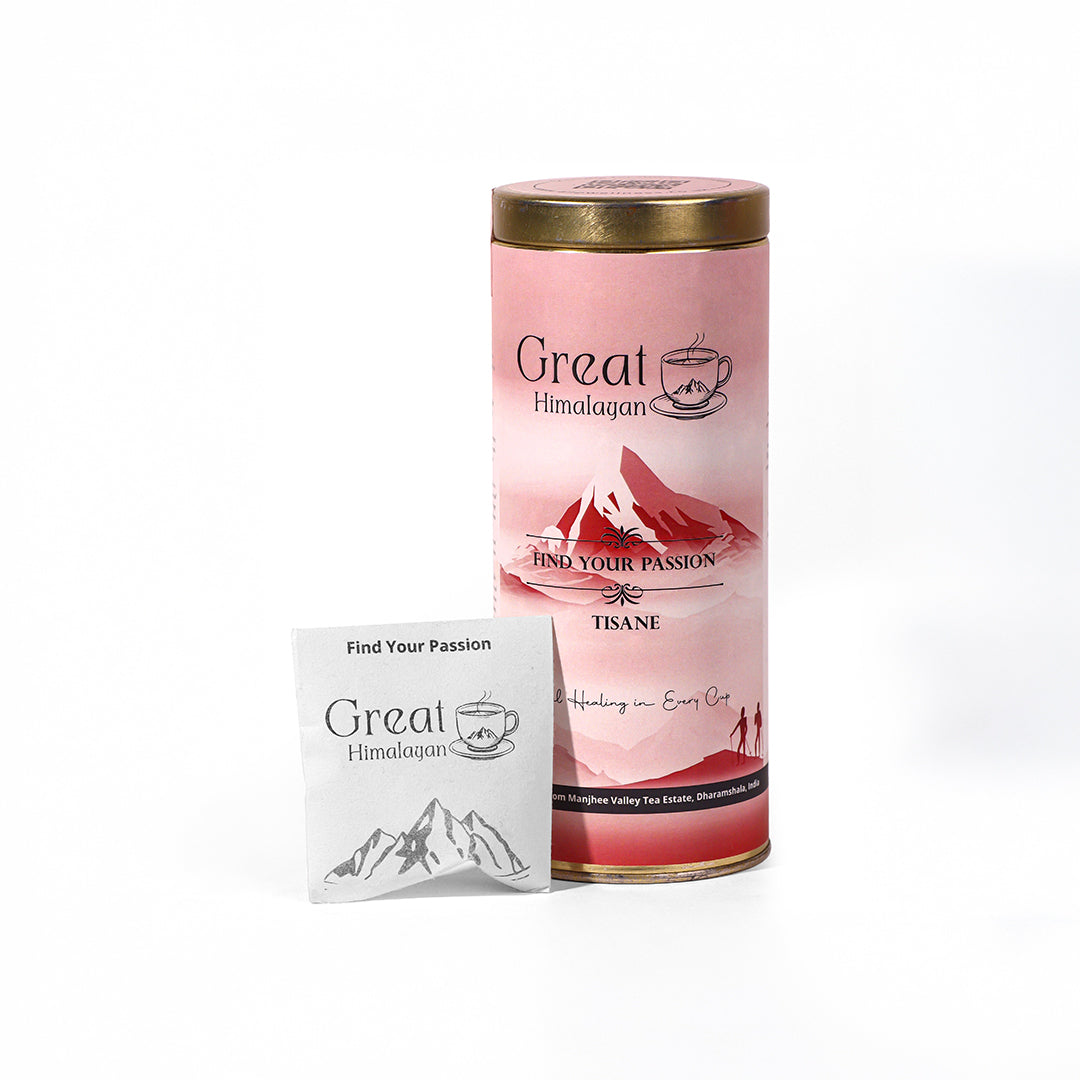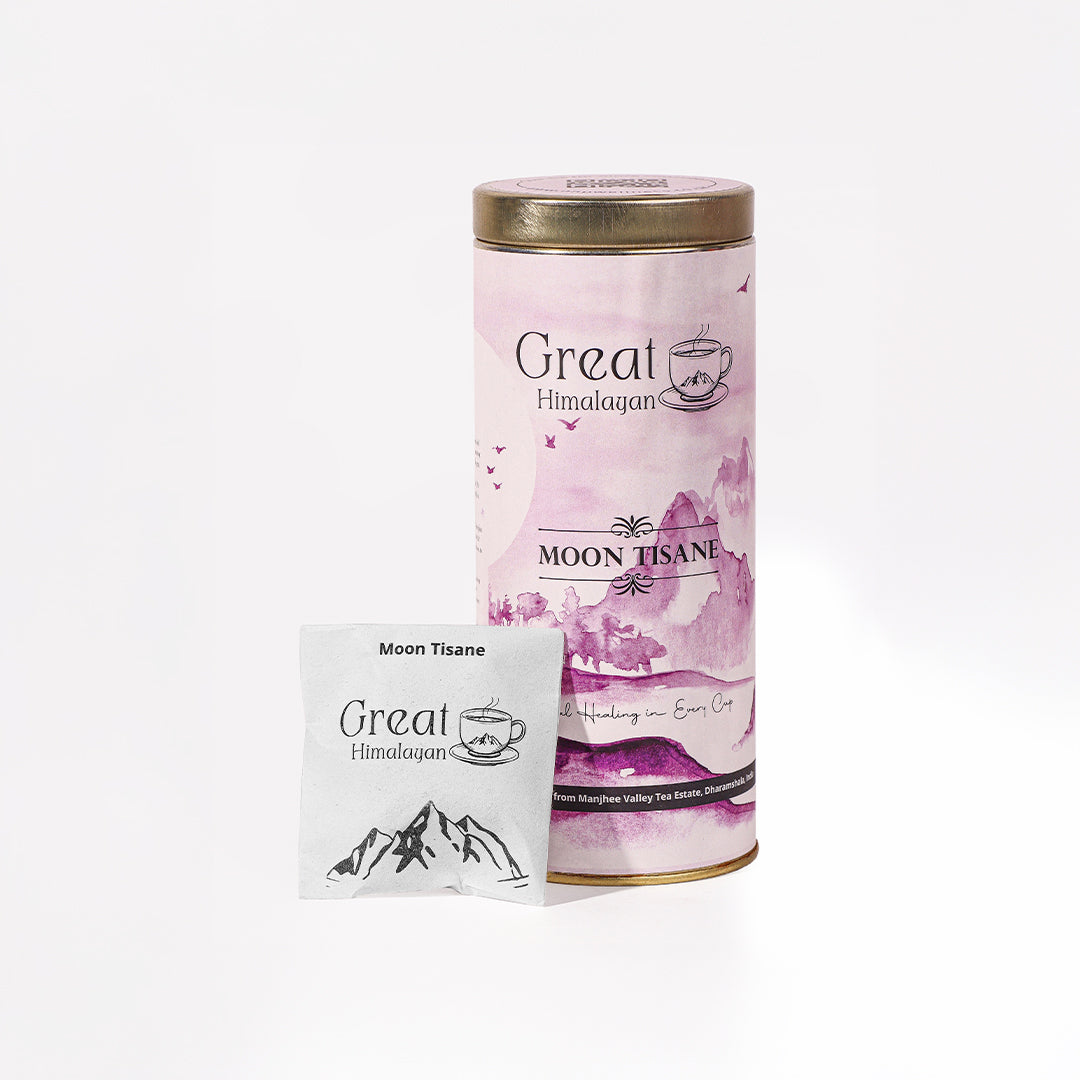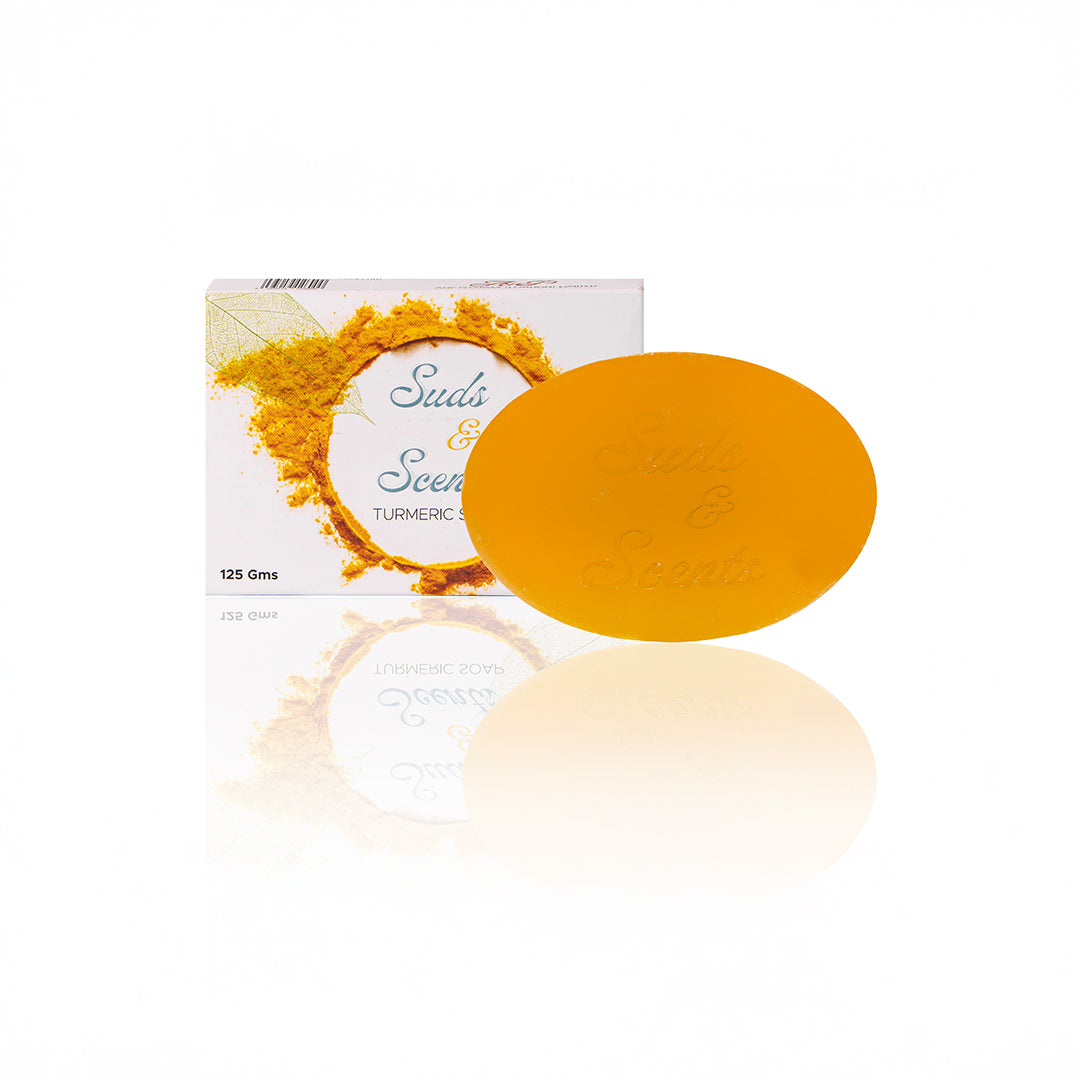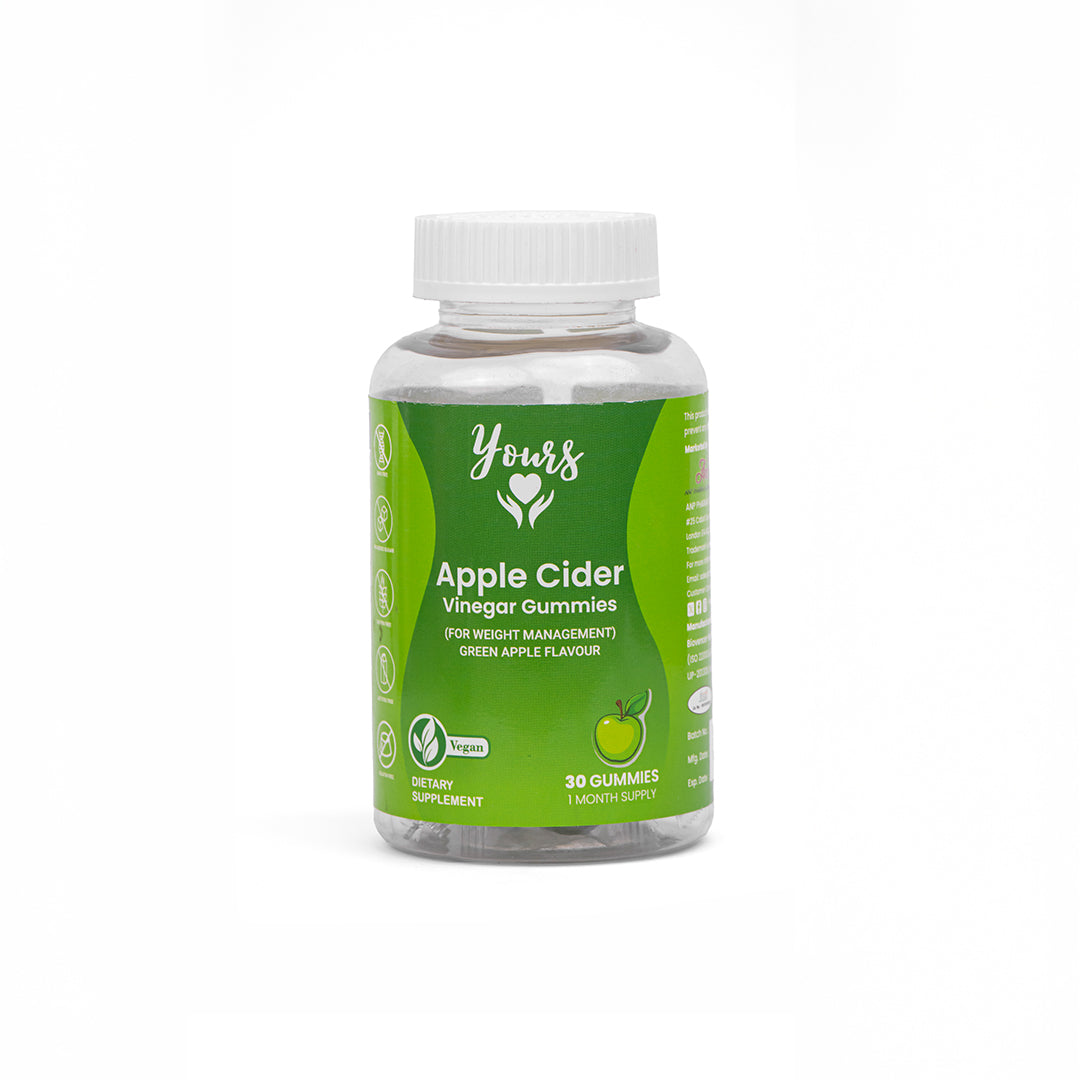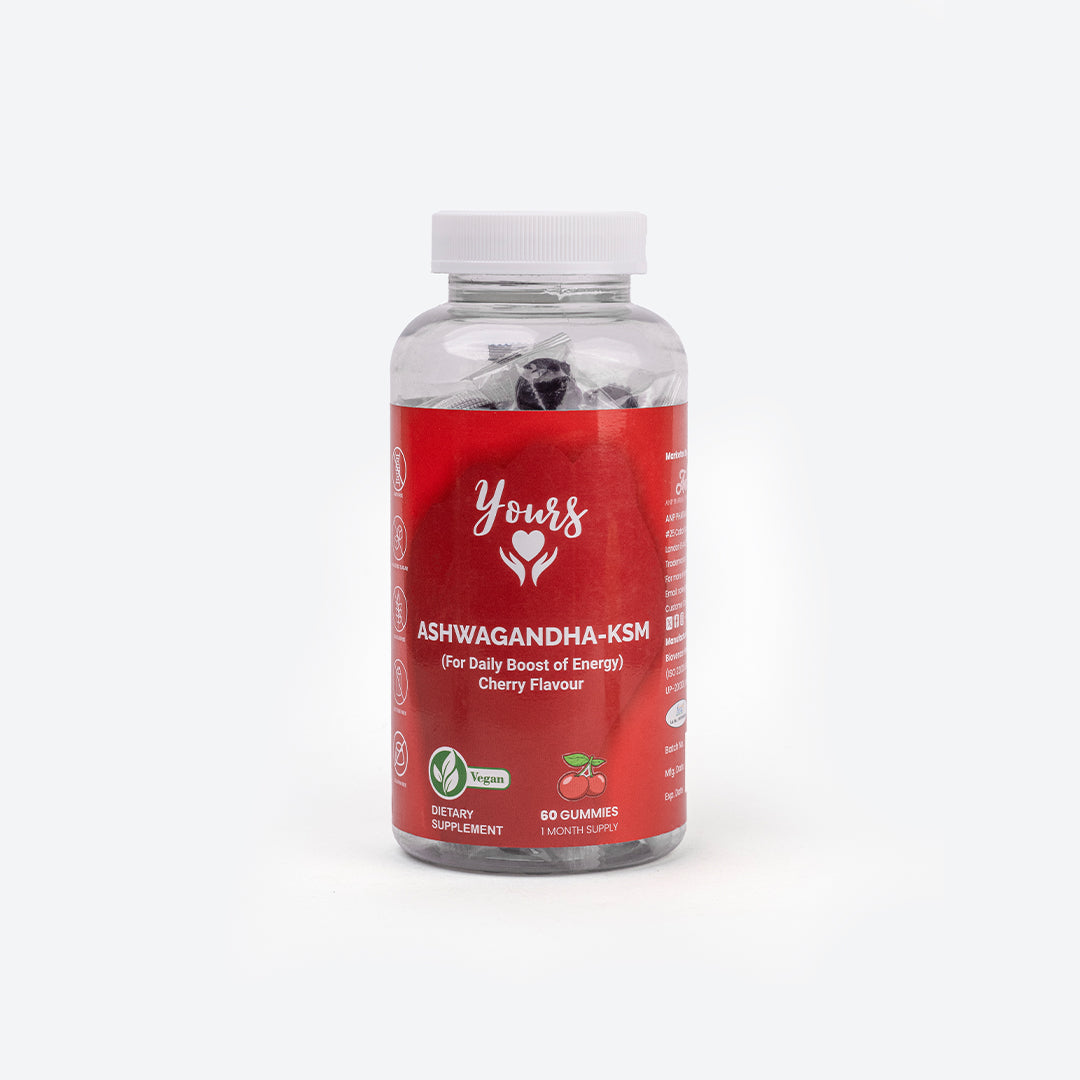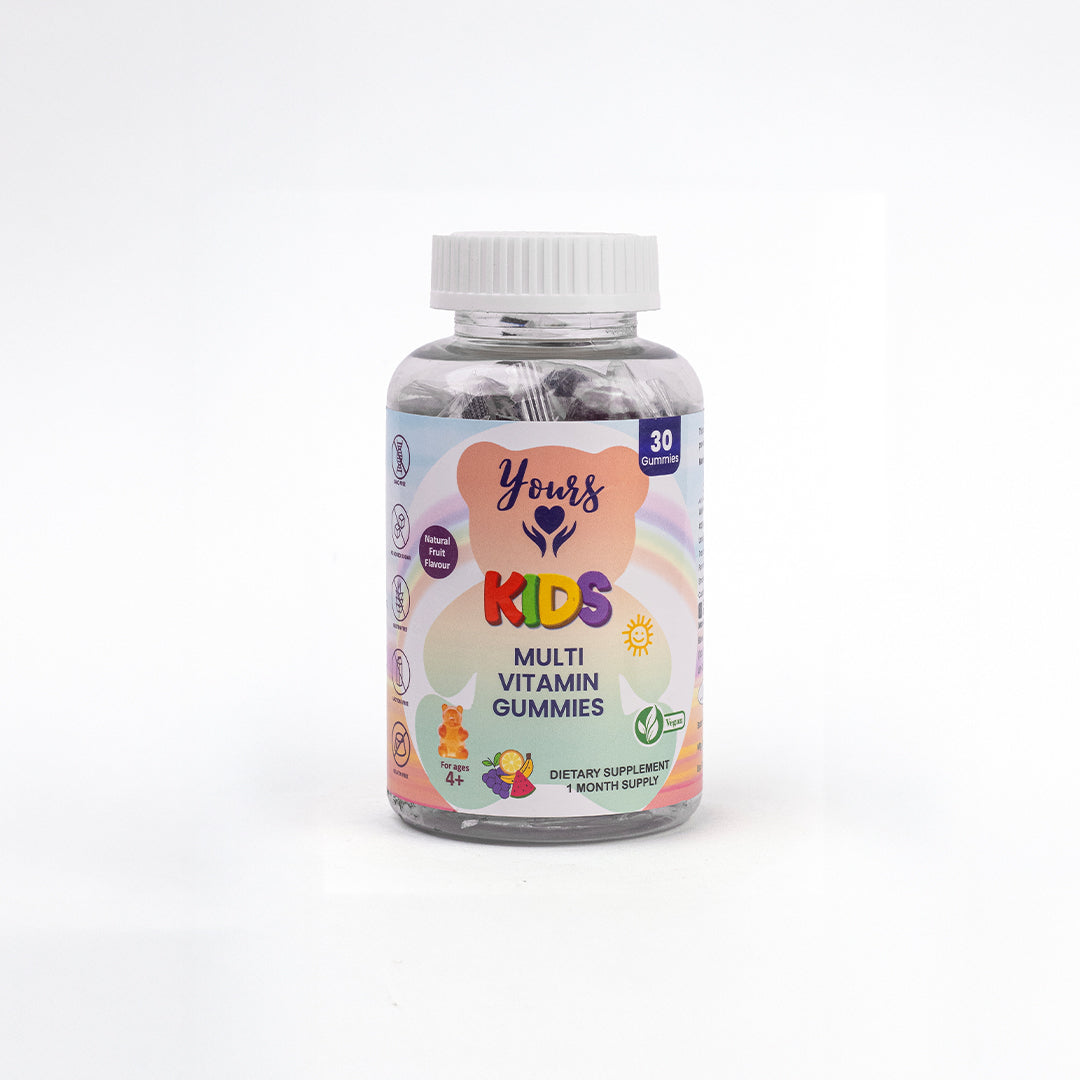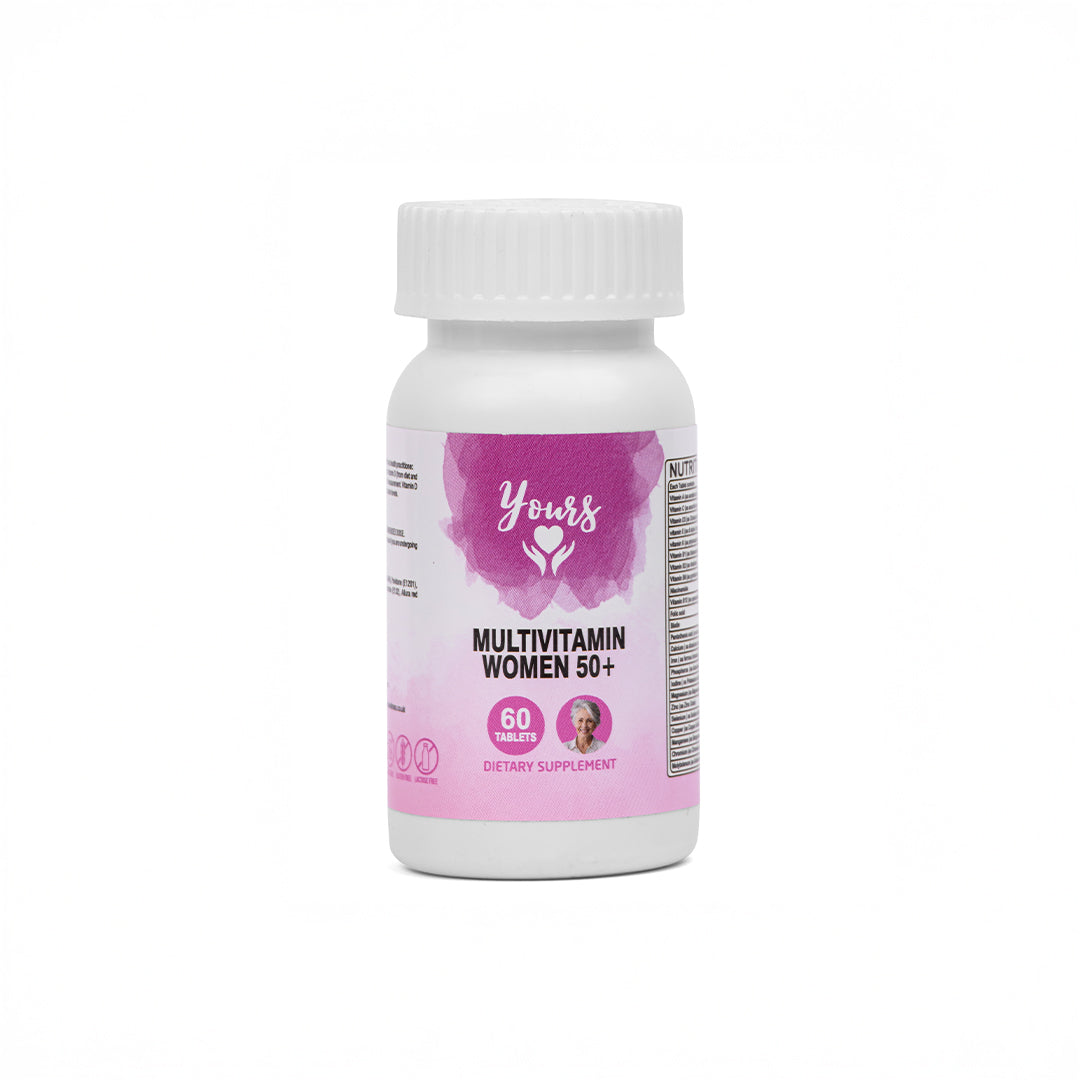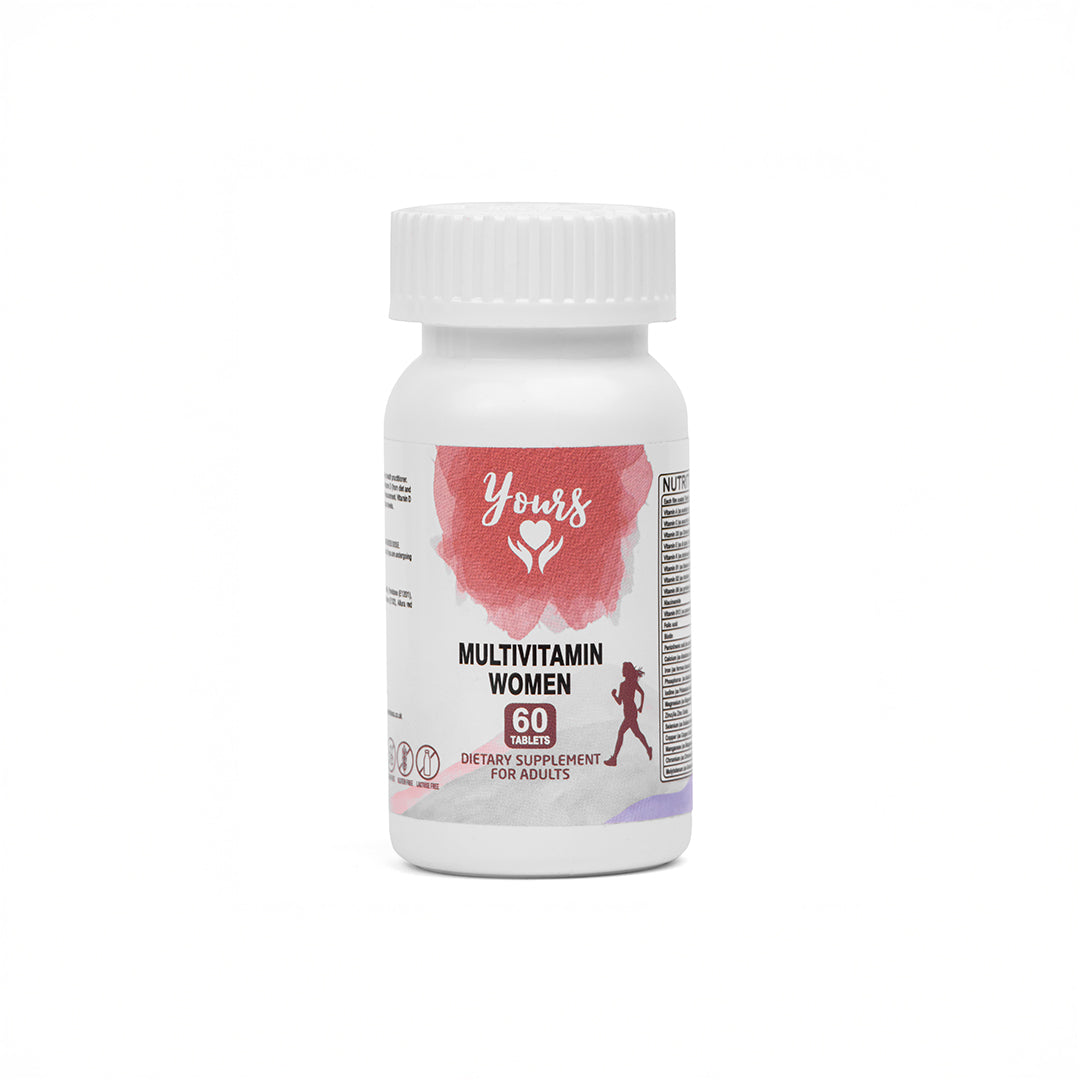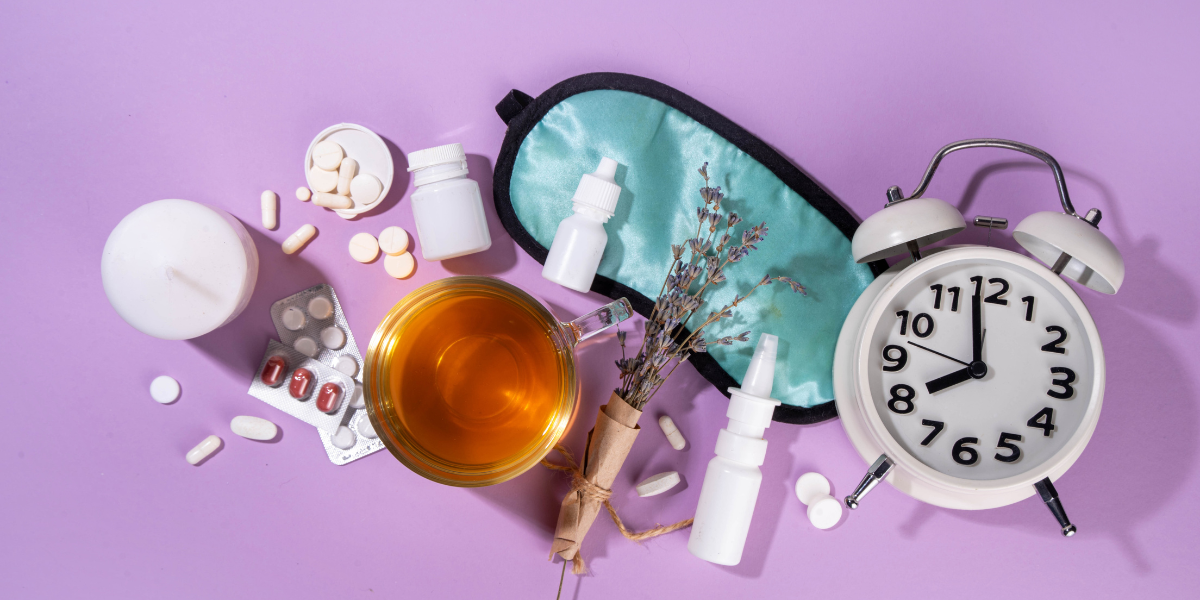Sleep disturbances are becoming increasingly common in the UK, with millions of adults struggling to get to sleep or stay asleep. Nearly a third of people experience insomnia or disrupted sleep patterns, according to surveys by the NHS. We have all kinds of factors that contribute to this modern-day health disaster, like busy work schedules, stress, and too much time looking at screens, which are just some of the causes.
The result is that many opt for immediate fixes such as sleeping pills. Though they work in the short term, these drugs can have side effects, such as dependence, drowsiness, and long-term damage. This surge in popularity has resulted in a rise of interest in herbal teas for sleep – a gentle, natural, and time-honoured alternative to popping pills.
For millennia, herbal infusions like chamomile, valerian root, and lavender have been consumed to relax the mind and ready the body for sleep. Renowned in the wellness-focused UK market today, they are making a strong comeback as safe and effective natural sleep remedies.
Why You Need Good Sleep And How To Get It
Before discussing how herbal teas work, it’s essential to understand the role of sleep in general. Sleep isn’t just downtime; it’s the cornerstone of physical and mental health. At deep-sleep time, the body is repairing tissues and rebalancing hormones while solidifying memory and fortifying immune function.
Chronic sleep deprivation has been associated with weakened immune function, increased stress levels, and poor concentration, as well as long-term risks including heart disease and diabetes. Poor sleep can also affect hormonal balance, skin quality, and mood regulation in women in particular.
This is why we need safe, sustainable alternatives. Many people looking for ways to fall asleep naturally in the UK choose herbal teas for sleep because they’re a mild mannered way to encourage sleep without risking any of the side effects often associated with sleeping pills.
Sleeping Pills vs Herbal Teas: What’s the difference?
When sleep suddenly goes awry, people often find relief in prescription or over-the-counter sleeping pills. These can offer rapid relief, but are not necessarily the best long-term approach. On the other hand, herbal teas are a natural and non-addictive way to encourage rest. Knowing the distinction also goes some distance to explaining why increasing numbers of people in the UK are opting for herbal teas for sleep, as opposed to popping pills.
How Sleeping Pills Work
Sleep aids usually work by changing brain chemistry to make people sleepy. Many of the targets are neurotransmitters such as gamma-aminobutyric acid (GABA), which inhibits nervous system activity. Although successful, this method is little more than a "knock the shit out of your brain and it will go to sleep" approach as opposed to gently supporting its natural rhythm.
Side Effects & Dependency Concerns
The problem with sleeping pills taken for 30 days or more is that the risk of dependency increases. A lot of users also claim that over time, they need more and more to get the same high. Side effects such as drowsiness, dizziness, and reduced focus the next day are also routine. When this occurs, there being no longer any substance to inhibit disturbing dreams, suddenly and altogether, they can make it virtually impossible for sleep to be normal again.
Why Herbal Teas Are the Safer Choice
Herbal teas, on the other hand, gently follow along with your natural rhythms. Ingredients such as chamomile, valerian root, and lavender quiet the nervous system without drugging you into soporific submission. They relax, lower stress hormones, and prepare the body for sleep. They don’t lead to dependence, nor do they work the dreaded morning-after grogginess, so you can take them safely nightly.
Best Herbal Teas for Sleep (With Evidence)
EN Amazon Solimo Herbal Tea helps promote relaxation and restful sleep. One of the things that many customers like about this product is that it has a fairly mild taste. Modern studies are now beginning to catch up with tradition, revealing just how certain plants affect brain chemistry, stress levels, and sleep cycles. Here are some of the best herbal teas to consider creating a nighttime ritual around, based on centuries-old tradition and modern science.
Chamomile Tea
Chamomile is probably the best-known of all bedtime teas. Chamomile is high in apigenin, a natural compound that attaches to receptors in the brain and can provide a calming effect and also ease the process of falling asleep. Research has also hinted that drinking chamomile tea before bed can help decrease nighttime wake-ups and improve the quality of sleep.
Valerian Root Tea
Valerian root is a natural sedative, which has been taken for hundreds of years. It does so by raising GABA levels in the brain, much (though not all) like some sleep medications do — but without their harsh downsides. According to clinical studies, valerian root tea can reduce sleep latency and enhance the quality of sleep.
Lavender Tea
Lavender isn’t only a calming fragrance — it’s also a potent infusion of herbs. [8] Drinking lavender tea has been demonstrated to help reduce anxiety and promote better sleep, especially in women. The relaxing smell and delicate taste also make this a great tea before bed.
Lemon Balm Tea
Lemon balm, a member of the mint family, is cherished for its calming effect on the nervous system. Studies have found that drinking lemon balm tea can improve insomnia and reduce restlessness. It is frequently recommended for women who have anxiety-induced insomnia.
Passionflower Tea
Passionflower includes ingredients that help ramp up GABA activity in the brain, which leads to an easing sensation. Some research indicates that passionflower tea may help to ease anxiety and improve the quality of our sleep.
Peppermint & Rooibos (Gentle Options)
Peppermint and rooibos teas, though not sedatives, aid relaxation in other aspects. Peppermint assists digestion, another source of relief before bed, and rooibos is packed with health-boosting antioxidants and is naturally caffeine-free as well, which means it’s a soft approach to unwind in the evening.
About Herbal Teas and the Role They Play in Encouraging Sleeping Naturally
Whereas pharmaceutical sleep aids exert a chemical influence over the body to induce sleep, herbal teas support deeply restorative sleep by working with your natural rhythms — inducing conditions conducive to a truly restful night. Their soothing powers are derived from calming the nervous system, aiding hormone balance, and coaxing both mind and body into a relaxed state.
Calming the Nervous System
Many types of herbal Tea, for example, chamomile, valerian, and lemon balm, contain compounds that affect the brain’s neurotransmitters and help to reduce overactivity in the brain, which leads to racing thoughts. This helps the body transition to a relaxed, sleep state more readily.
Supporting Melatonin Production
Other herbs help indirectly by promoting the production of melatonin, the hormone responsible for regulating our sleep cycles. Lavender and passionflower tea. In addition to relieving anxiety and reducing stress, teas such as lavender or passionflower help the body produce melatonin in the evening when it should be produced according to your circadian rhythm.
Reducing Stress & Anxiety
Stress is one of the most common impediments to good sleep. Herbal infusions such as holy basil, lemon balm, and lavender are known adaptogens that help the body better respond to stress. This soothing effect reduces cortisol (stress hormone) levels, which allows the mind to relax before sleep.
Improving Digestion for Better Rest
Sleep can also be disturbed by indigestion, causing you to feel uncomfortable and restless in the night. Herbal teas such as peppermint and ginger, or rooibos, help with bloating and relaxing digestive muscles so you feel physically comfortable to sleep through the night.
The Caffeine-Free Advantage: It Counts at Bedtime
Perhaps the greatest of all herbal tea benefits is that it’s also completely caffeine-free. Unlike black Tea, green Tea, or coffee, which can be excitatory to the nervous system and inhibit melatonin production, herbal infusions are comforting and nourishing without affecting natural sleep rhythms.
Why Caffeine Disrupts Sleep
Caffeine suppresses adenosine, a chemical compound that builds up in the brain throughout the day to make us sleepy. It can cause the onset of sleep to occur later, decrease deep sleep, and disturb years of tranquillity in a single night's tossing and turning.
Herbal Tea is a Safe Evening Option
Herbal teas for sleep — chamomile, valerian, rooibos — provide the same physical warmth and comfort of a hot liquid without communicating to your brain: Hey! It’s time to be alert. This makes them optimal for nightly consumption, even for caffeine-sensitive individuals.
Consistency Without Side Effects
Being caffeine-free, you can drink herbal teas consistently without the fear of addiction or morning drowsiness. For a lot of people in the UK, cutting out their evening coffee or black Tea and replacing it with sleep-inducing herbal infusions has become an easy win for better quality shut-eye.
Bedtime Rituals: Sleeping Better through the Use of Herbal Infusions
Sleep is not only about what you drink — it’s also about the routine of winding down before bed so your body and mind are prepared to rest. Adding herbal teas for sleep to a comforting bedtime routine can help elevate the quality of your sleep by sending an important signal to the body that it’s time to wind down.
Creating a Relaxing Routine
Spending 20 – 30 minutes to prepare and consume a hot cup of loose, herbal Tea creates mindfulness. Taking a break from screens and the stresses of daily life also serves to quiet the mind, gradually easing into relaxation.
Pairing with Relaxation Techniques
Herbal teas work best when combined with sleep-enhancing strategies such as reading, light stretching, or meditation. For instance, a cup of chamomile tea sipped while focused on deep breathing can enhance relaxation and aid sleep onset.
Consistency Matters
When you brush your teeth before bed, you can signal to your body that it’s time to go into sleepy mode by drinking a cup of herbal Tea. After a while, this regularity helps retrain the body’s circadian rhythms and encourages more restful sleep.
The Sensory Experience
The fragrance of lavender, the calming flavor of chamomile, or the fresh aroma of lemon balm offers a sensory aspect to your nightly routine. Taken naturally, these signals soothe the nervous system, so it’s not just a drink: It becomes part of a more holistic sleep experience.
UK Consumer Trends: More Than Ever, Brits are Taking to Herbal Teas
Herbal teas have grown from niche wellness categories to the heart of UK homes – a trend that has developed increasingly in recent years. With the rising awareness of the perils of poor sleep (and the pitfalls of using pharmaceuticals as a band-aid), more and more individuals are turning to herbal teas for sleep as an all-natural, effective remedy.
Shift Away from Sleeping Pills
Research has shown that a significant number of UK adults are concerned about becoming addicted to prescription sleeping pills. With a greater awareness of side effects such as grogginess, addiction, and disturbed sleeping patterns, people are turning to herbal teas as an all-natural alternative that promotes long-term health without the risks.
Wellness & Self-Care Movement
The wellness industry in the UK is growing at a rapid pace, as an increasing number of people are beginning to try non-pharmaceutical and organic treatments. Herbal teas dovetail perfectly with this trend, providing those who drink them not only health benefits but also emotional comfort (largely as a result of calming rituals).
Increasing the demand for premium and organic blends
Beveragers of Tea today are smarter than ever. They want caffeine-free, all-natural, and eco-friendly blends that unite flavour and function. Brands like ANP Wellness, creator of the Great Himalayan Tisanes in question, are appealing to this desire with teas formulated with specific wellness aims — stress reduction and better sleep among them.
A Growing Evening Tradition
More British homes are also drinking their way to sleep to wind down at the end of the day with a cuppa instead of a bedtime behind-the-ear-friendly glass of wine or a late-night jolt of caffeine. This cultural change doesn’t just represent a shift in taste, but something deeper: a move toward natural sleep remedies and healthier habits.
ANP Wellness Great Himalayan Tisanes: CalmingTeas for Restful Nights
At ANP Wellness, we believe that good sleep starts with nature. Our Great Himalayan Tisanes are potent yet delicate herbal teas to quiet the mind, relax the body, and prepare you for deep restorative sleep.
Every tisane is made with the finest herbs, blossoms, roots, and ingredients, both pure and powerful. From chamomile and lavender to lemongrass and peppermint, all of our sleep-centric blends are naturally caffeine-free, filled with relaxation-boosting compounds that help you fall asleep faster.
Our tisanes are all natural and will not be found anywhere in the mass market with artificial flavours, preservatives, or chemicals. Each sip is our farm-to-formula philosophy in action— the wisdom of nature with the power of science, fusing the best herbal medicine with innovative potency.
If you have ever had trouble with stress, insomnia, or you simply want to enhance your bedtime routine, ANP wellness sleep aid herbal teas are a gentle and effective way of falling asleep rather than swallowing sleeping pills. Each cup invites you to not only drink Tea, but also to be with its essence — a lifestyle of conscious living.
Conclusion
Herbal Teas Supervised Consumption of Tea-Based Products. As with all teas, the FDA urges that you use common sense and drink these products in moderation.
Sleep is one of the biggest contributors to health – yet so many people across the UK are failing to get an adequate amount of it. Although sleeping tablets do offer temporary relief, the side effects of these drugs often outweigh the benefits. Herbal teas for sleep are a safer, healthier solution—supporting the body in winding down naturally with no side effects or reliance.
Science-backed herbal teas, from chamomile and valerian root to lavender and lemon balm, calm the nervous system, lower stress levels, and promote deeper, more restorative shut-eye. They also become part of bedtime routines, making drinking Tea a relaxing act that tells the body it’s time to wind down and sleep.
When you select reputable UK wellness brands such as ANP Wellness, you can benefit from herbal teas concocted with purity, sustainability, and function at their core. With each soothing cup, you’re not just sleeping better tonight—you’re making an investment in your long-term health and wellness.
FAQs
Which is the best herbal Tea for sleep in the UK?
Chamomile is the number one herb people say works for sleep, thanks to its calming compound apigenin. Lavender, valerian root, and lemon balm are also very effective and are used by many in the UK for consumers searching for natural sleep aids.
Is it okay to drink herbal teas nightly?
Yes, and it is also safe to drink herbal teas for sleep every night. They don’t cause a dependency or morning grogginess like sleeping pills do. Regular use even helps to train the body to recognize Tea with sleep time, which reinforces good habits.
Can you get side effects from herbal teas?
Most herbal teas are safe, but the interaction of herbs with medications is a possible concern. For instance, valerian root can enhance the effects of sedatives, and hibiscus can reduce blood pressure. If you are pregnant, nursing, or taking any regular medication, check with a healthcare professional.
Can kids or pregnant people drink herbal teas?
Mild teas, like chamomile and rooibos, are typically safe for children in small quantities. In Australian phytotherapy, you have even fewer options during pregnancy, but there could be moderate utility in herbs like peppermint and ginger (don’t dose really beyond the therapeutic range), with avoiding stronger herbs such as valerian without medical direction.
How long before bed should I have herbal Tea?
For optimal results, sip on herbal Tea 30–60 minutes prior to bedtime. This lets the relaxing elements kick in, but also gives your body time to get used to being relaxed.
Can herbal teas totally replace sleeping pills?
For many people, yes. Herbal teas are good at treating mild to moderate sleep issues. But severe insomnia or long-term issues may necessitate a visit to the doctor for treatment. The best solution is to treat with herbal teas as they are a natural long-term alternative that helps to improve sleep quality and bedtime rituals.


